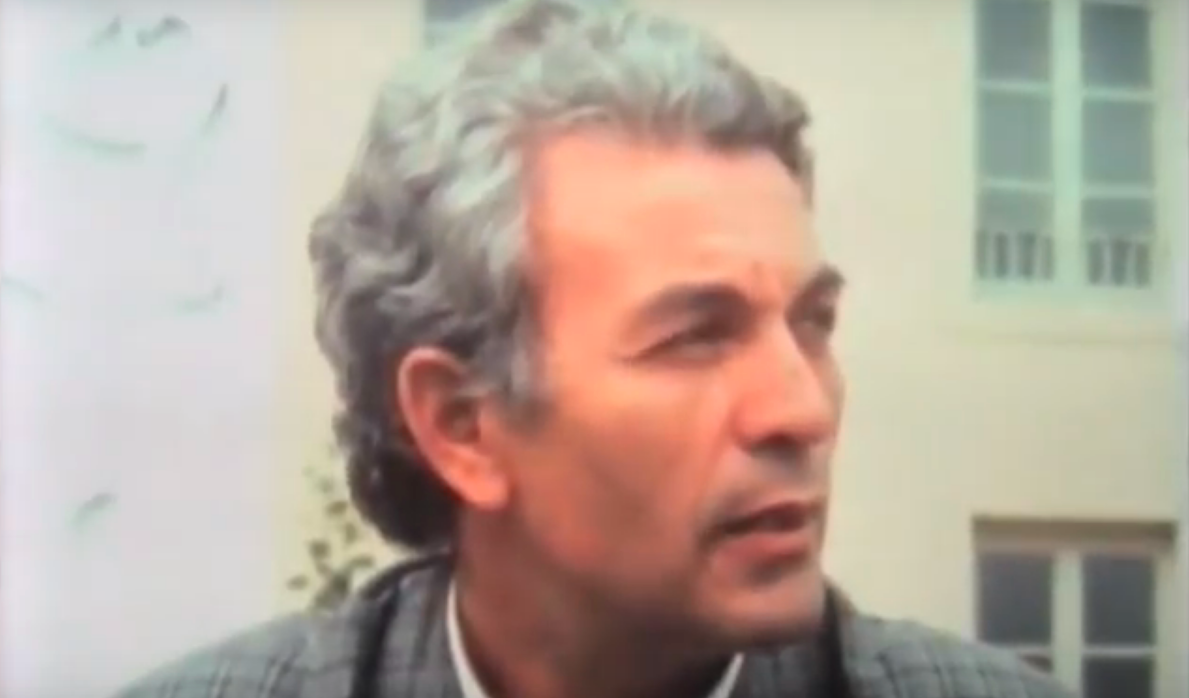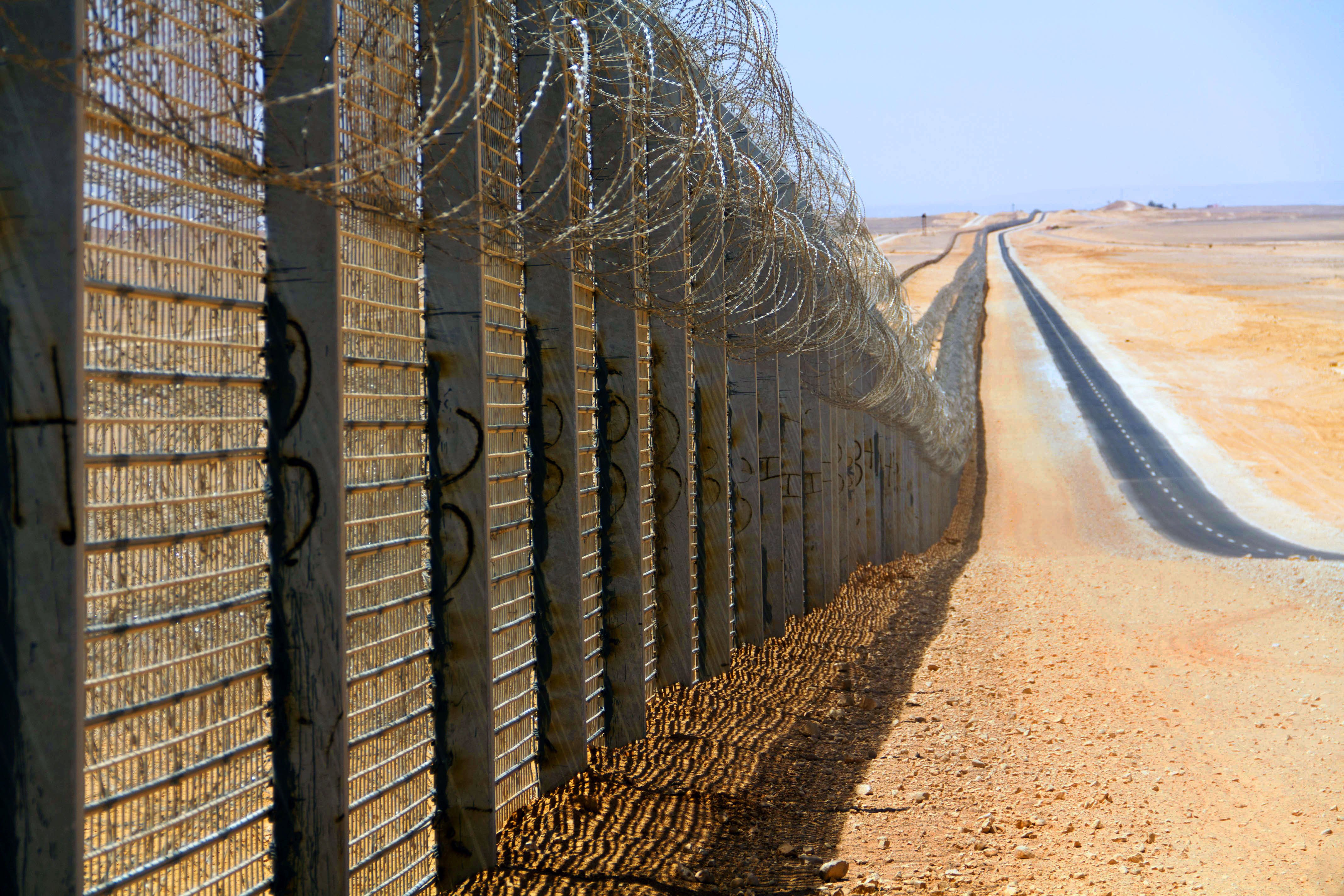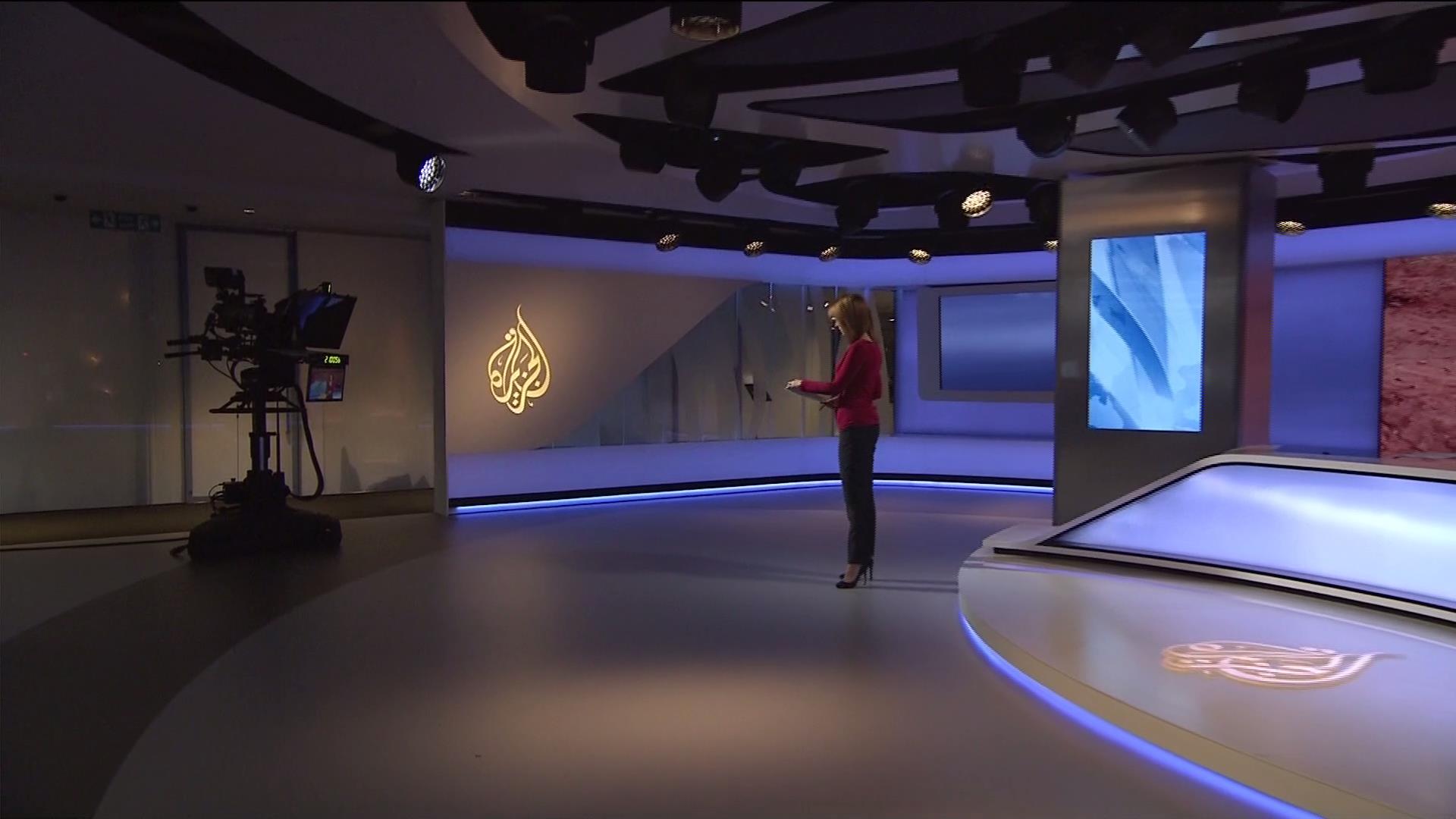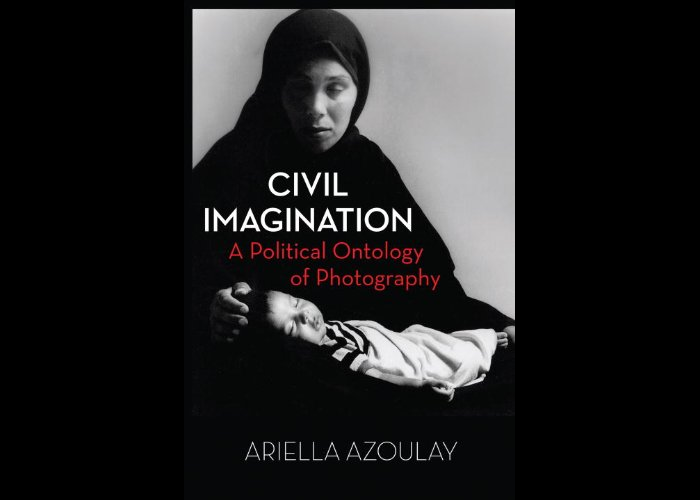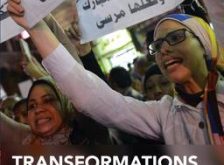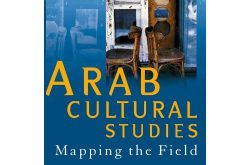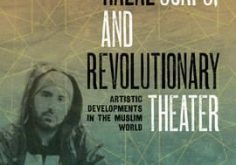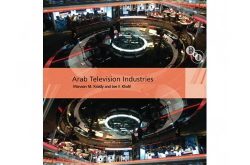Issue 23, winter/spring 2017 https://doi.org/10.70090/SS17AYFA د.صونية عبديش - أستاذ محاضر بكلية الإعلام والاتصال، جامعة الجزائر صدر مؤخرا عن دار طاكسيج. كوم، بمركز البحوث والدراسات، كتاب جديد للباحثة الجزائرية صونية عبديش، "بعنوان الشباب الجزائري والفيس بوك، بين فرص الاستخدام ومعضلة الإدمان"، الكتاب من الحجم المتوسط مكون من 282 صفحة. من خلال محتوى …
اقرا المزيد »Books & Reviews
BOOK EXCERPT | Mohamed Chouikh: From Anticolonial Commemoration to a Cinema of Contestation in Ten Arab Filmmakers
Issue 23, winter/spring 2017 https://doi.org/10.70090/GA1710AF The following is an excerpt from the anthology Ten Arab Filmmakers edited by Josef Gugler and published by Indiana University Press (2015). Mohamed Chouikh occupies a key position as a kind of relay between the post-colonial, idealized Algeria of the 1960s and what one might …
Read More »BOOK REVIEW | Visual Propaganda and Extremism in the Online Environment
Ronnie Close, an academic and assistant professor at the American University in Cairo, welcomes the volume into the discourse on visual content. He contextualizes the scholarly work by providing information on related fields, and he assesses the compilation's overall cohesion.
Read More »BOOK EXCERPT | Sinai: Egypt’s Linchpin, Gaza’s Lifeline, Israel’s Nightmare
In his most recent book, Mohannad Sabry examines a region that remains a mystery to people around the world. His thorough research and extensive field experience yield profound insight into the complex claims in the territory that have influenced Sinai's history and its present.
Read More »BOOK EXCERPT | Media Power and Global Television News: The Role of Al Jazeera English
In her recent book, Seba Bebawi assesses the veracity of Al Jazeera English's self-proclaimed role as a radical "counter-balance" to mainstream global media. She demonstrates a nuanced understanding of modern media through direct narrative comparisons of the same events covered by Al Jazeera English and by other media outlets.
Read More »Book Review | Civil Imagination: A Political Ontology of Photography
In Civil Imagination: A Political Ontology of Photography, Ariella Azoulay interrogates issues of visual culture, in particular photography, the role of spectator-critics, body politics, and citizenship, through the lens of the Palestinian struggle. She argues that the boundaries of the aesthetic, the political, and the civil perpetuate power relations of nation-states and exclusions. Kiranjeet Kaur Dhillon reviews.
Read More »Book Review: Transformations in Egyptian Journalism
Naomi Sakr’s survey of the state of post-revolution Egyptian journalism shows how, in spite of notable advances, it is still beholden to Mubarak-era strictures and practices. Mohammed el-Nawawy calls the book timely and valuable as a snapshot of a transformed but still evolving situation.
Read More »Book Review: Arab Cultural Studies: Mapping the Field
Ramy Aly reviews and critiques this volume of articles edited by Tariq Sabry, calling it the most coherent attempt yet to “create a reflexive disciplinary self-consciousness” for the nascent field of Arab cultural studies. The book’s strength, he writes, lies in its “unapologetic diagnosis of the weaknesses” of current Arab media, communication and literary studies and its proposals for a way out of this disciplinary impasse.
Read More »Book Review: Muslim Rap, Halal Soaps and Revolutionary Theater: Artistic Developments in the Muslim World
Mark LeVine calls this volume, edited by Karin van Nieuwkerk, a tour de force of cultural analysis of the blossoming production of religiously oriented art, music, and theater in the Muslim world. The book, he writes, will "further the interdisciplinary development of Islamic studies, cultural studies, ethnomusicology and even, it is hoped, the usually drier disciplines such as political science or sociology, both of which could certainly use a bit more rhythm and color in their methodological repertoires in the wake of the region-wide protests and revolutions in which culture has played a powerful and as yet poorly understood role."
Read More »Book review – Shereen El Feki on two books by Marwan Kraidy
Shereen El Feki reviews Arab Television Industries by Marwan Kraidy and Joe F. Khalil, and Reality Television and Arab Politics: contention in public life, also by Marwan M. Kraidy
Read More » Arab Media & Society The Arab Media Hub
Arab Media & Society The Arab Media Hub
